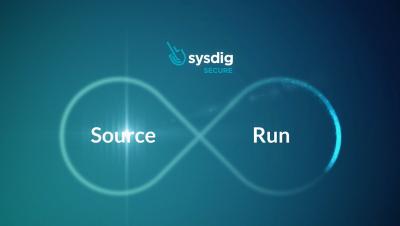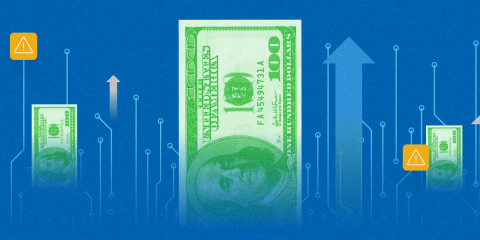CIS Control 14: Security Awareness and Skills Training
CIS Control 14 concerns implementing and operating a program that improves the cybersecurity awareness and skills of employees. (Prior to CIS Critical Security Controls Version 8, this area was covered by CIS Control 17.) This control is important because a lack of security awareness among people inside your network can quickly lead to devastating data breaches, downtime, identity theft and other security issues.








